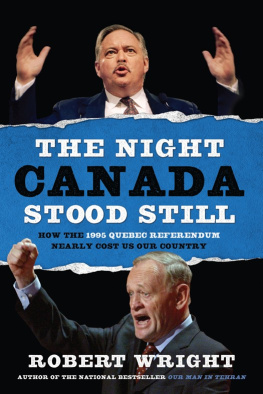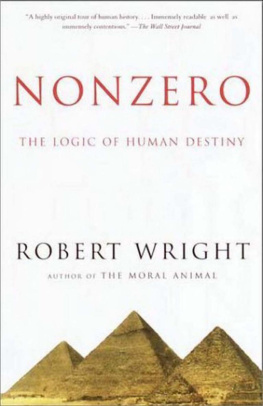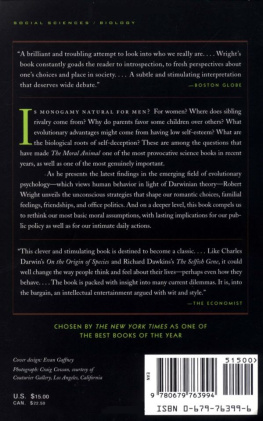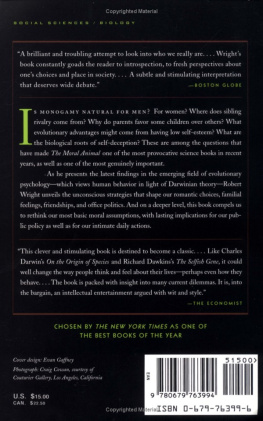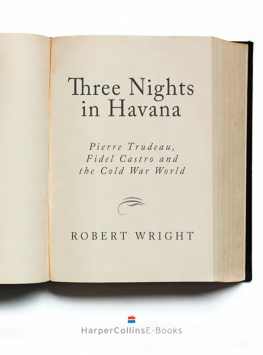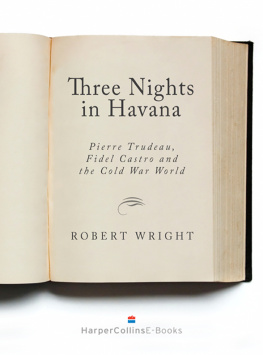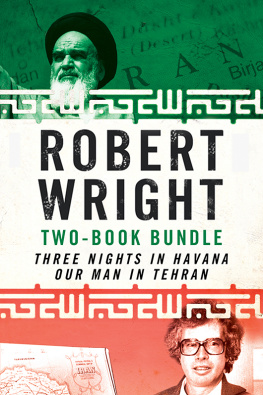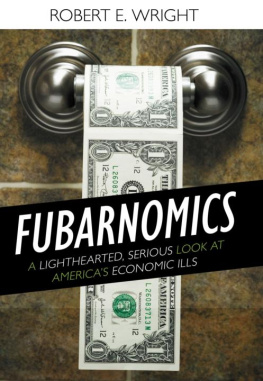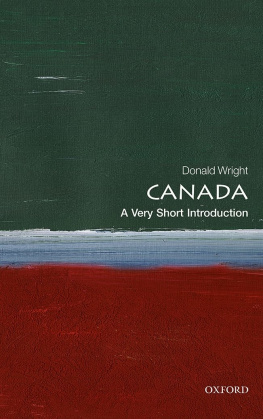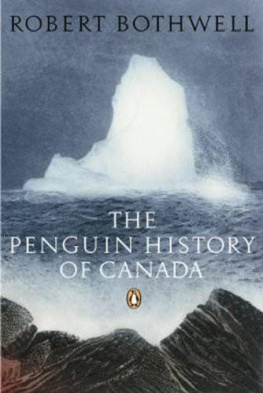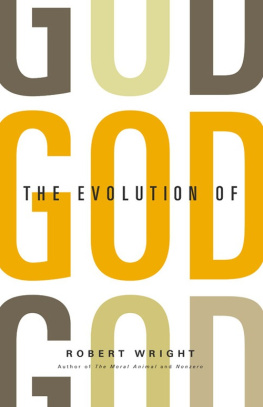The Night Canada Stood Still tells the story of the second Quebec referendum on sovereignty, held on October 30, 1995. (The first was held in May 1980.) The premise of this book is that the referendum debate was a national event not just for Quebecers but for all Canadians. I have therefore been mindful of three considerations: to get the story right, to treat all of its principal characters fairly, and to allow them to speak for themselves wherever possible. In case it is not immediately apparent, I write from the perspective of earnest Upper Canadianism, a term coined by John Duffy in Catherine Annaus wonderful 1999 documentary film Just Watch Me: Trudeau and the 70s Generation. When I reference the Anglo-Canadian My-Canada-includes-Quebec crowd in the pages that follow, readers should know that this is my crowd.
A note on sources. In contrast with my last two books, where the narratives tended to be hidden in once-secret documents, I found the story of the 1995 referendum to be hidden in plain view. The challenge was not the dearth of sources but rather the extraordinary abundance. Hundreds of thousands of words were spoken during the sovereignty debates in the National Assembly and the House of Commons, while the number of what we now call hits in the popular media ran into the tens of thousands. This book is, therefore, a work of analysis but also of synthesis. For ease of reading, I have taken two minor liberties with the text. I have standardized the spellings of terms like Quebecer and sovereignist wherever they appear. I have also closed extended excerpts without ellipses and square brackets in instances where I judged continuity and context to be unaffected. In every other respect, the sources cited in the endnotes conform to established scholarly standards. There is no invented dialogue in this book. All translations from the original French are my own unless otherwise noted.
The Night Canada Stood Still could not have been written without the help of others. It gives me great pleasure to acknowledge them here.
Research funding was provided by the Canada Council for the Arts and the Symons Trust Fund for Canadian Studies, for which I am indebted. For putting themselves at my disposal early on in my research, I am grateful to Joe Clark, Edmond Chiasson, Heather Chiasson, Peter Donolo, Derek Lipman, Paul Daniel Muller, Eddie Goldenberg, Patrick Parisot, and John Rae. I owe a special debt of gratitude to my research assistants Rianna Genore, Kailey Miller, and Anna Harrington. Thanks as well to Ken Field and John Wales of the Trent Oshawa Library, to Karen Benacquista and Heather Gildner of the Toronto Public Library, and to R.K. Wright, Pat Wright, Lee Anne Farrow, Dennis Molinaro, Judy Cornish, Drew Taylor, Patricia Taylor, Rena Zimmerman, Amber Ashton, and Hailey Wright.
The publication of The Night Canada Stood Still marks a decade of collaboration with my friend and editor Jim Gifford, whose tireless efforts on my behalf have introduced my work to a far broader audience than academic historians normally enjoy. Thanks to Jim and everyone at HarperCollins Canada, and to Noelle Zitzer, Allegra Robinson, Rebecca Vogan, and Lisa Rundle in particular.
Quebec MNA and cabinet member Jean-Franois Lise, Professor Louis Balthazar, Professor David Sheinin, former ambassador Ken Taylor, and my brother Daniel Wright each read a manuscript draft of this book in its entirety, providing invaluable commentary and rescuing me from pitfalls large and small. For their unstinting generosity, I am deeply indebted. I need hardly add the standard authorial caveat. I have tried to bring balance and objectivity to the referendum story, but where I have failed, I have done so single-handedly.
My wife, Laura, and our children, Helena, Anna and Michael, spent more time living with this project than they might have liked. As always, this book is for you, guys.
PROLOGUE
Free Falling
The morning of Tuesday, October 24, 1995, the phone rang in Jean Pelletiers Ottawa boardroom. Pelletier, a former mayor of Quebec City and now Prime Minister Jean Chrtiens chief of staff, was chatting amicably as he did almost every morning with a handful of Chrtiens senior political advisors. On the line, as usual, was John Rae from Montreal. This morning, Rae was the bearer of bad news. Quebecs second referendum on sovereignty in fifteen years was less than a week away, and overnight polling showed the sovereignist Yes side leading by seven points. Eddie Goldenberg, Chrtiens senior policy advisor, glanced at Pelletier. Both men were plainly anxious. We seem to be in free fall, Goldenberg observed bluntly.
No sooner had Rae hung up than Jean Chrtien rang. Is there anything new this morning? he asked.
We have good news and bad news, said Goldenberg. The bad news is that we are seven points behind. The good news is that everyone is counting on you to turn it around tonight.
I guess thats why we are paid the big bucks, replied Chrtien.
The prime minister hung up the phone and returned to the document on his desk, notes for a speech he would give that evening in the Montreal borough of Verdun. He had been up late the night before, hashing out the major points of the address with Goldenberg and his press secretary, Patrick Parisot. Chrtien knew that some of the best
Chrtien knew that the stakes were high. After months of polls showing that the No side would coast to victory, a Toronto Star/La Presse survey published on October 18 had stunned Quebecers and Canadians alike with the news that the two sides were in a virtual dead heat. Its Neck and Neck! shouted the headlines, La Mare Haute du OUI (The High Tide of YES).
To appease Quebec Liberal leader Daniel Johnson, the official chef of the No side, Chrtien had kept a low public profile in Quebec up to that pointeven though his every instinct told him that he should be fighting tooth and nail for Canada. A majority of Quebecers would vote against separatism, Chrtien had reasoned, so there was no reason to paint a target on his own back. Now the sovereignists had the wind at their backs. With just days to go in a vote that threatened to break up the country, Chrtien was determined to pull out all the stops. He told his subordinates to clear his calendar, even cancelling meetings with foreign leaders that had been on the books for months. At last I was going to act on my basic instincts and plunge into the campaign, Chrtien resolved. It was time to speak to the hearts of Quebecers.
The last time Quebecers had voted in a referendum on sovereignty, in May 1980, Prime Minister Pierre Trudeau had been at the helm of the No forces. Jean Chrtien, then serving as the federal minister of justice, was Trudeaus main lieutenant. No one knew better than Chrtien that history could be an unforgiving taskmaster.



